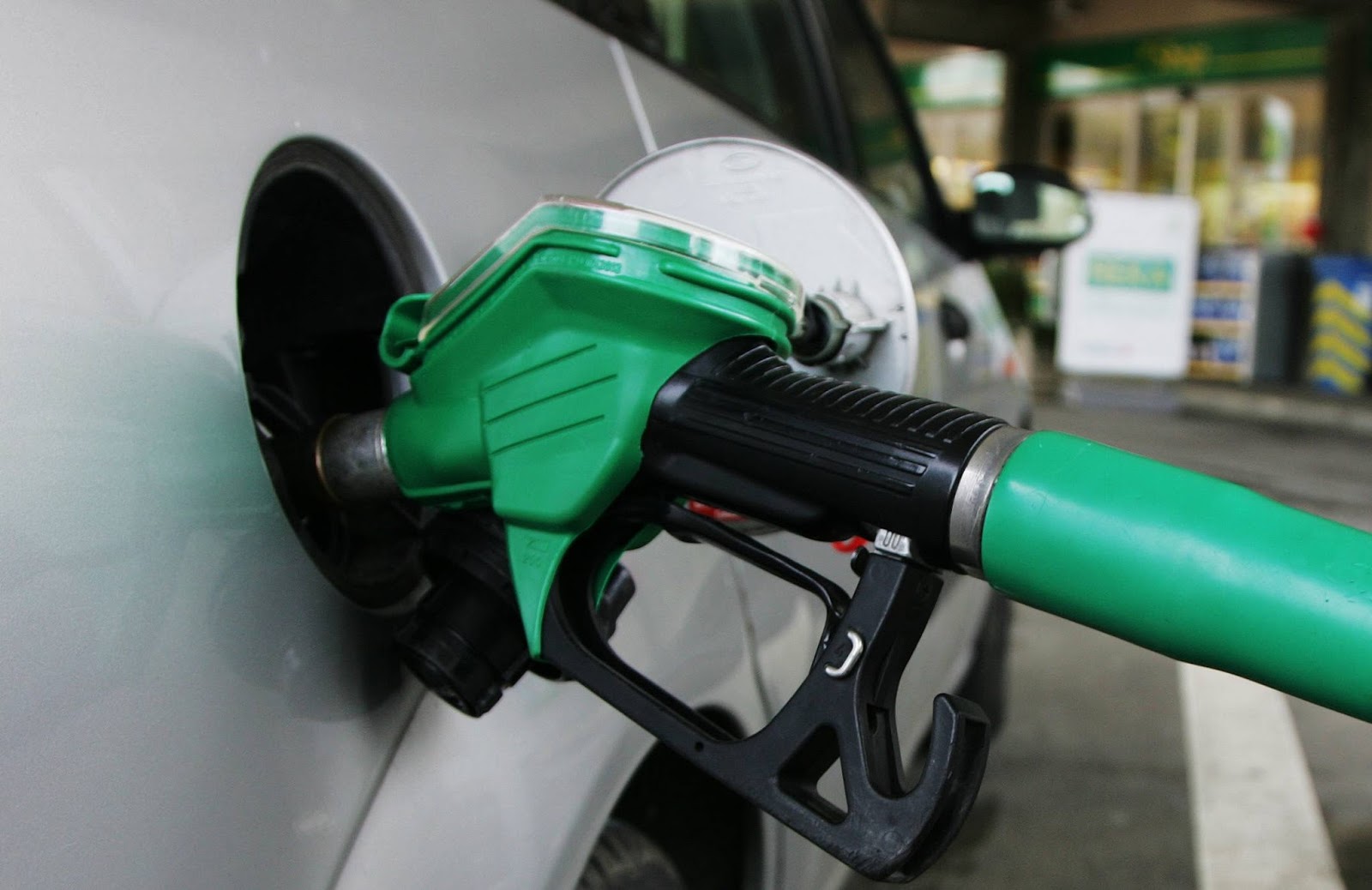The Federal Government, on Wednesday, announced the immediate increase in the pump price of petrol to N151.56 per litre from N149, being the third increase in three months.
A statement by the Pipelines and Product Marketing Company (PPMC), a subsidiary of the Nigerian National Petroleum Corporation (NNPC), informed oil depots owners of the hike.
NNPC lists parametres to sustainable growth in petroleum industry
NNPC 2020 Retreat: Emmanuel demands Petroleum depot in Akwa Ibom
“Please be informed that a new product price adjustment has been effected on our payment platform.
“To this end, the price of Premium Motor Spirit (PMS) is now N151.56 kobo per litre.”
When contacted, the president of Independent Marketers Association of Nigeria (IPMAN), Chinedu Okoronkwo, said they may get the directive at the depots on Thursday.
However, our correspondent found that the product prices have been adjusted already at many filling stations in Lagos with some along the Mile 2-Badagry expressway selling for N151/litre.
Chairman of the Kano branch of IPMAN, Alhaji Bashir Danmalam, said the association was meeting to decide a retail price tag.
– Nigerians express pains –
Nigerians, comprising transporters, entrepreneurs, workers and the unemployed, have expressed shock over the fuel price increase.
In Lagos, Ojo Gabriel, a transporter said: “I don’t think it is a good idea because people are suffering, there is no job.
“It would further inconvenience the people.
“Government should not bring the idea.”
Ikechukwu Ebekwe said the fuel price hike was coming a day after the electricity hike; coinciding with the Central Bank of Nigeria (CBN) cutting interest rate from 3.75% to 1.25%.
“Meanwhile, we are enduring a food inflation of over 15%.”
Maryam Abdallah, a consumer in Abuja, said fuel price hike will only make life miserable for the masses.
A cross section of motorists and transporters who spoke to our correspondent around the Utako and Jabi motor parks in Abuja, said the government’s action was insensitive.
“We are just trying to come out of COVID-19 lockdown.
“We haven’t even fully come out of it, and only what the government can do is to increase fuel price, Okay Michael, one of the transporters said.
Drivers charge N10,500 from Abuja to Lagos rising from N7,500 before the COVID-19.
“With the new fuel price, it may rise to N12,000.”
In Kaduna, the residents are fuming over the increase.
While some blame the government, others are worried about the expected increase in the prices of goods and services.
Ben Onoja, who owns a laundry outlet in Kaduna said, “We have not finished digesting the news of increase in electricity tariff, only for me to hear that the price of fuel has also increased.”
Tanimu Moshood, a commercial taxi driver expressed dismay over the increase.
“Even with the N148 per litre, we were finding it difficult to make ends meet not to talk about N151 again and I heard the independent marketers are going to sell at N62 and up to N200.”
It was observed that the filling stations still sell at N148 in Kaduna metropolis.
This was also the same thing in Kano state.
Kano state chapter chairman of the National Association of Road Transport Owners (NARTO), Alhaji Salisu Balarabe, said the association was waiting for the IPMAN’s decision to take a stand.
The National Vice President, North Central, National Association of Small and Enterprises (NASME), Eng. Auwal Ibrahim Bununu, said: “The increase will negatively affect MSMEs because those into manufacturing of goods will find it difficult to increase any price now because of COVID-19.”
Another entrepreneur and CEO Vivido Natural, Ruqayyatu Hussaini, a spice seller said: “I get the raw materials from states and Chad.
“So ,the increase in fuel price will lead to increase in transportation.”
Chairman, Association of Maritime Truck Owners, Remi Ogungbemi, said: “As a transporter, it would impact negatively on the operational cost of haulage.
“Truck owners would definitely shift the overhead on to the end-users.”
The National President of Nigeria Licensed Customs Agents (ANLCA), Tony Nwabunike, said: “Yes, we know that the Government is looking for money to fund the budget but it should do so by increasing the price of luxurious goods and not items which are used by all.”
The Acting Director General of Manufacturers Association of Nigeria (MAN), Mr Ambrose Oruche said the hike was expected because the petroleum industry was now fully deregulated, and price will keep fluctuating.
“So small businesses will be impacted negatively by the increment.”
To reduce the impact on businesses, Oruche appealed to the government to do more in ensuring that power generation and distribution is efficient to cut dependence on power generators.
An economist, Chijioke Okechukwu, said the latest hike in petrol price to N151 may likely lead to marginal inflation in the economy.
Okechukwu, who was a former Director General of the Abuja Chamber of Commerce and Industry (ACCI), said the hike in price will lead to further increase in prices of goods and services in the economy.
The expert said the price increment is connected to the pronouncement of the Minister of Finance, Budget and National Planning, Mrs. Zainab Ahmed that Nigeria had discontinued the payment of subsidy on petroleum products.
The Nigeria Labour Congress (NLC) has rejected the increase in fuel pump price by the federal government.
NLC President, Comrade Ayuba Wabba, said: “While rejecting this with the strongest terms, I think Nigerian government is taking Nigerians for granted.”
The Peoples Democratic Party (PDP) also rejected the fresh increase in the price of fuel to N151 per litre and electricity tariff to N66 per kilowatts (kwh) under the All Progressives Congress (APC) led government.
The opposition party in a statement by its National Publicity Secretary, Kola Ologbondiyan, demanded an immediate reversal of the prices to avert a national crisis.
However, the All Progressives Congress (APC) in a response to PDP, said it was successive PDP governments that foisted on Nigeria a corruption-tainted fuel subsidy regime.
It said under the President Muhammadu Buhari administration, there is no fuel queue and product scarcity.
APC in the statement by its Deputy National Publicity Secretary of the party, Yekini Nabena, also noted that the reviewed petroleum products pricing template has resulted in a more transparent, efficient and realistic pricing system with constant fuel availability.

 Join Daily Trust WhatsApp Community For Quick Access To News and Happenings Around You.
Join Daily Trust WhatsApp Community For Quick Access To News and Happenings Around You.


